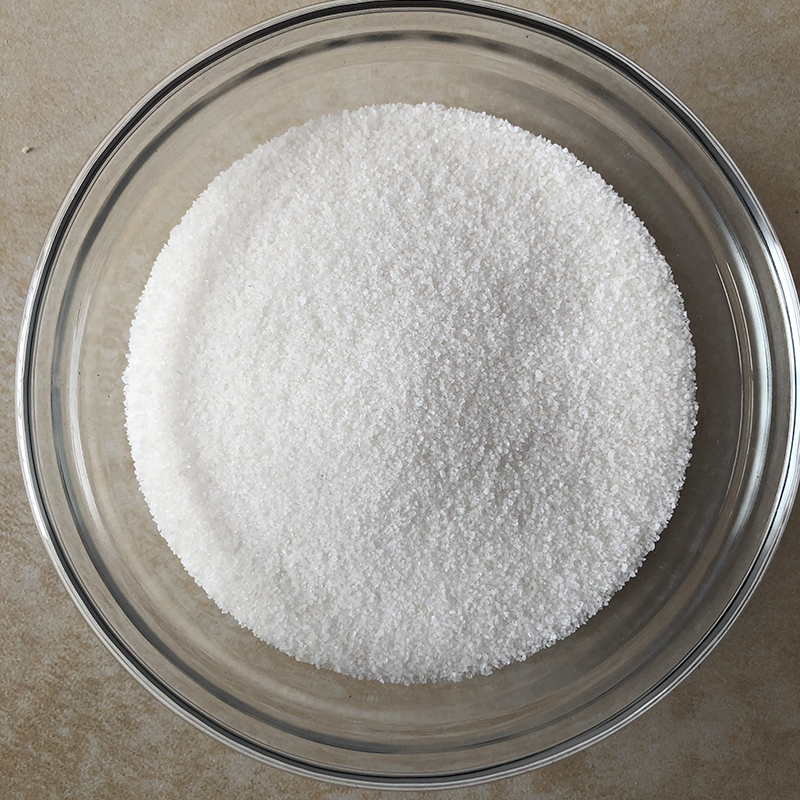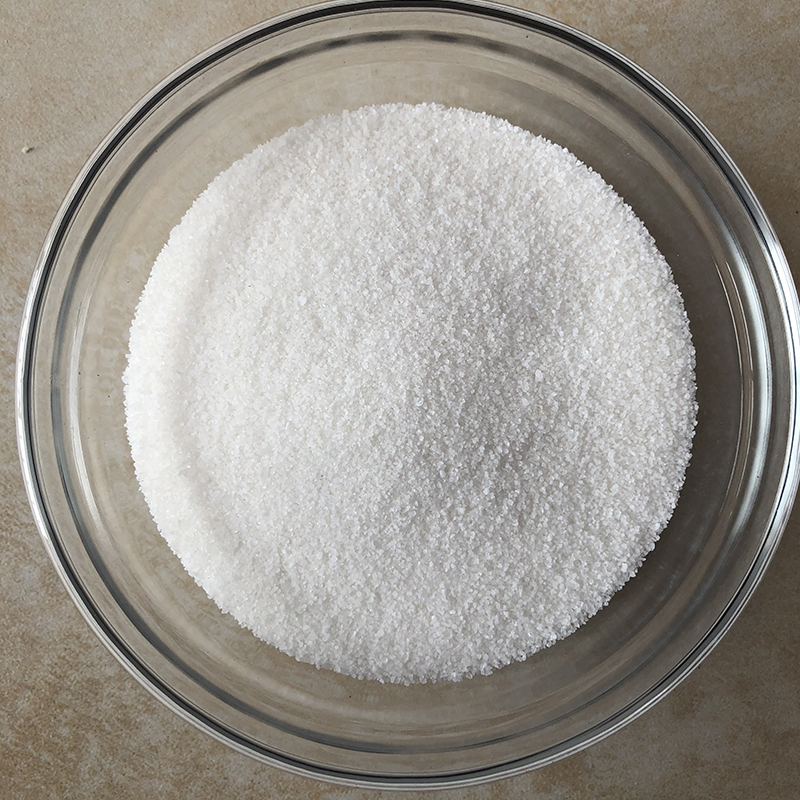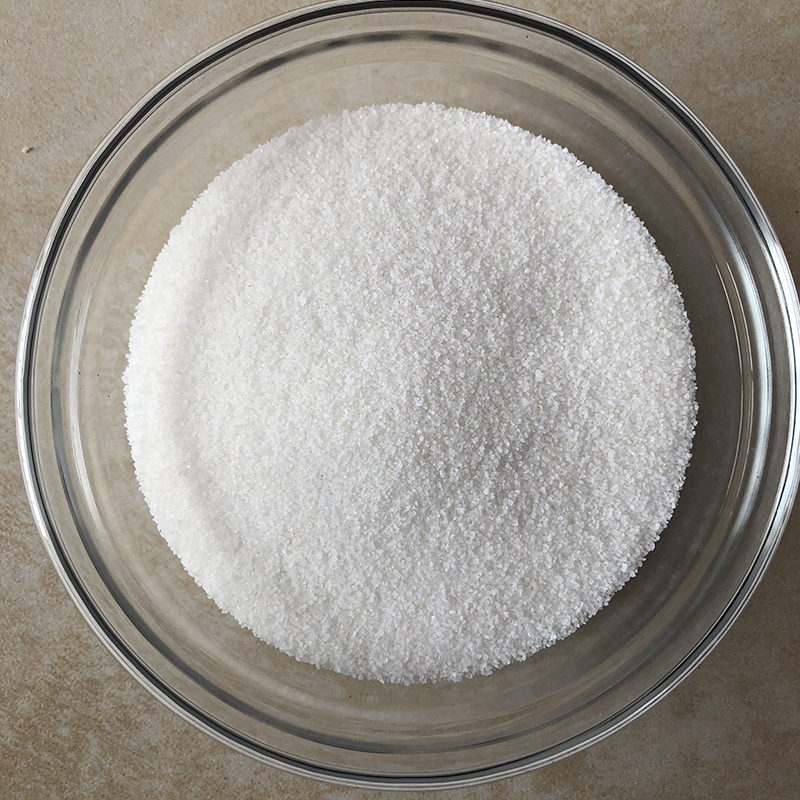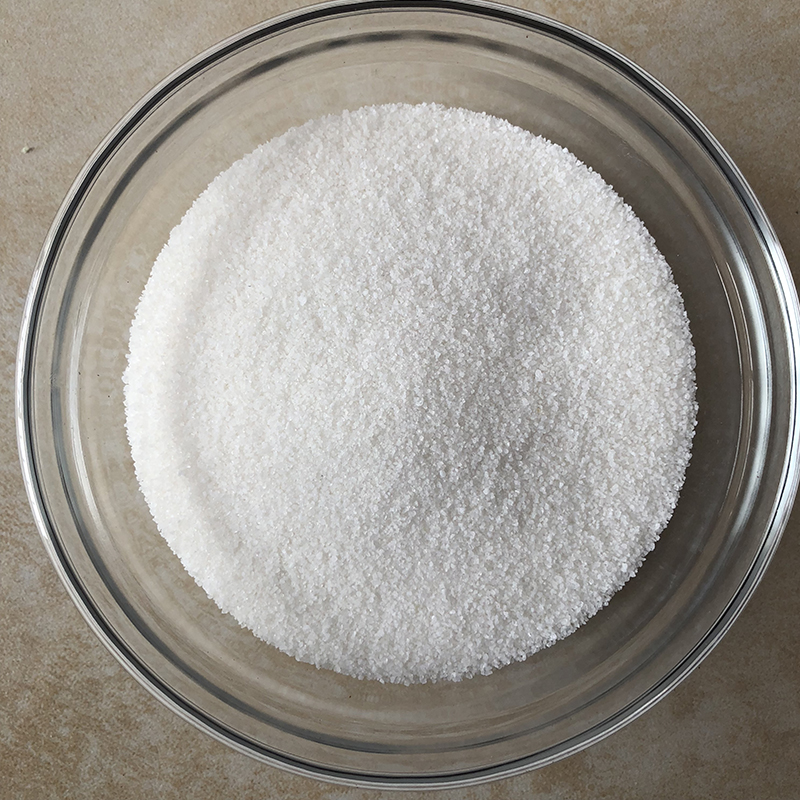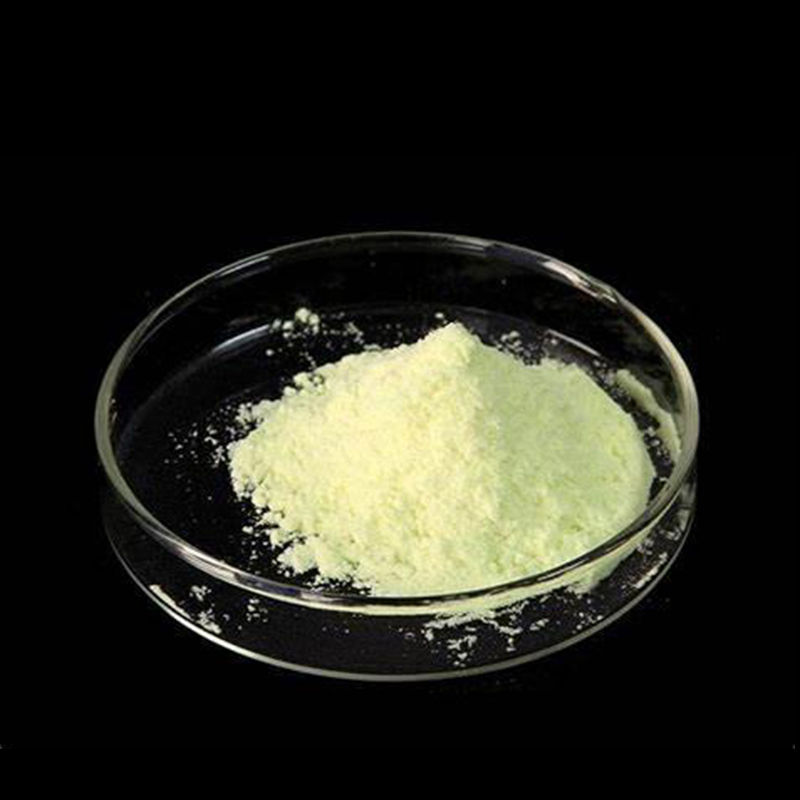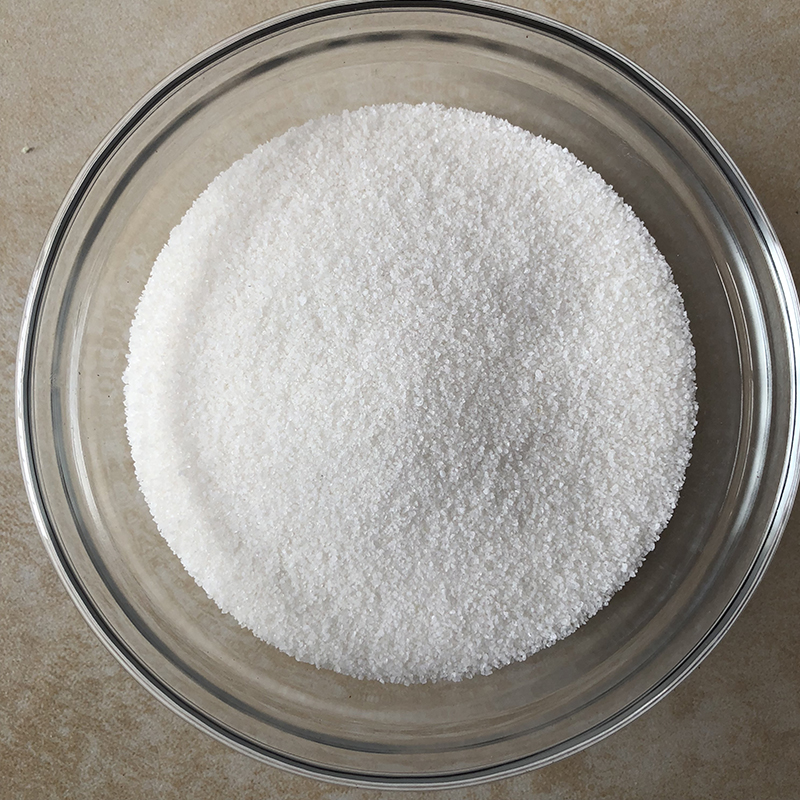Glucose-6-Phosphate Dehydrogenase CAS:9001-40-5
| Catalog Number | XD90375 |
| Product Name | Glucose-6-Phosphate Dehydrogenase |
| CAS | 9001-40-5 |
| Molecular Formula | N/A |
| Molecular Weight | N/A |
| Storage Details | 2 to 8 °C |
| Harmonized Tariff Code | 35079090 |
Product Specification
| NAD u/mgP | ≥590 NAD units per mg protein |
| u/ml | Report assay value. |
| mgP/ml | ≥7.5 |
| % PHI | ≤0.02% |
| Assay | 99% |
| % 6-PGDH | ≤0.003% |
| Appearance | White powder |
| %CK | ≤0.002% |
| %AK | ≤0.002% |
The analysis of proteome-wide phosphorylation events is still a major analytical challenge because of the enormous complexity of protein phosphorylation networks. In this work, we evaluate the complementarity of Lys-N, Lys-C, and trypsin with regard to their ability to contribute to the global analysis of the phosphoproteome. A refined version of low-pH strong cation exchange was used to efficiently separate N-terminally acetylated, phosphorylated, and nonmodified peptides. A total of 5036 nonredundant phosphopeptides could be identified with a false discovery rate of <1% from 1 mg of protein using a combination of the three enzymes. Our data revealed that the overlap between the phosphopeptide data sets generated with different proteases was marginal, whereas the overlap between two similarly generated tryptic data sets was found to be at least 4 times higher. In this way, the parallel use of Lys-N and trypsin enabled a 72% increase in the number of detected phosphopeptides as compare d to trypsin alone, whereas a trypsin replicate experiment only led to a 25% increase. Thus, when focusing solely on the trypsin and Lys-N data, we identified 4671 nonredundant phosphopeptides. Further analysis of the detected sites showed that the Lys-N and trypsin data sets were enriched in significantly different phosphorylation motifs, further evidencing that multiprotease approaches are very valuable in phosphoproteome analyses.


